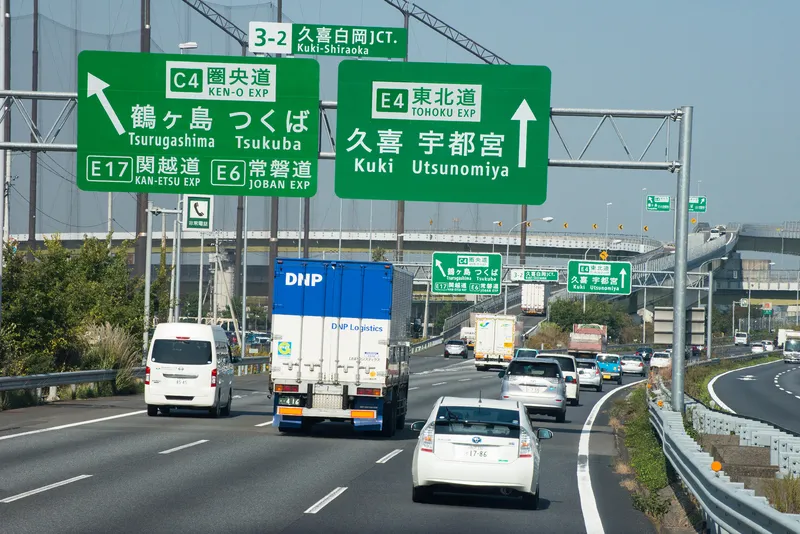UN Secretary-General Ban Ki-moon has highlighted the importance of road safety in preventing more than one million people from dying and many more from getting injured each year in traffic accidents. “This year, the world's roads have claimed some 1.2 million lives,” Mr. Ban said in his message marking World Day of Remembrance for Road Traffic Victims. “Added to the fatalities are the more than 50 million people injured each year – many of them now condemned to enduring physical disabilities and psychologic
November 21, 2012
Read time: 2 mins
UN Secretary-General Ban Ki-moon has highlighted the importance of road safety in preventing more than one million people from dying and many more from getting injured each year in traffic accidents.
“This year, the world's roads have claimed some 1.2 million lives,” Mr. Ban said in his message marking World Day of Remembrance for Road Traffic Victims. “Added to the fatalities are the more than 50 million people injured each year – many of them now condemned to enduring physical disabilities and psychological trauma for the rest of their days.”
Around 90 per cent of road traffic deaths and injuries occur in low and middle-income countries, and most of the victims are pedestrians, cyclists and motorcyclists. According to the UN1819 World Health Organisation (WHO), in addition to killing close to 1.3 million people every year, traffic accidents also injure or disable as many as 50 million more – and, without urgent action, road traffic injuries will become the fifth leading cause of death by 2030.
In his message, Mr. Ban noted that governments have taken positive steps to address traffic accidents since more than 100 countries pledged last year to save five million lives by implementing road safety strategies and information campaigns at the launch of the Decade of Action for Road Safety, 2011-2020.
“Governments are acting,” Mr. Ban said. “Chilean law now requires people travelling on inter-city buses to wear seatbelts. China has criminalized drinking and driving and increased penalties for offenders, and New Zealand has introduced stricter controls on alcohol for younger drivers.”
Countries have also shown commitment to enhance and enforce legislation, the UN chief noted. In Brazil, for example, police are stricter on drinking and driving. In Turkey, seatbelt use has increased from eight to 50 per cent, and in Viet Nam, motorcycle helmet use has tripled from 30 to 90 per cent. Other countries, including Ghana, India, Mozambique and Pakistan, are improving care for people who have suffered road traffic injuries.
“This year, the world's roads have claimed some 1.2 million lives,” Mr. Ban said in his message marking World Day of Remembrance for Road Traffic Victims. “Added to the fatalities are the more than 50 million people injured each year – many of them now condemned to enduring physical disabilities and psychological trauma for the rest of their days.”
Around 90 per cent of road traffic deaths and injuries occur in low and middle-income countries, and most of the victims are pedestrians, cyclists and motorcyclists. According to the UN
In his message, Mr. Ban noted that governments have taken positive steps to address traffic accidents since more than 100 countries pledged last year to save five million lives by implementing road safety strategies and information campaigns at the launch of the Decade of Action for Road Safety, 2011-2020.
“Governments are acting,” Mr. Ban said. “Chilean law now requires people travelling on inter-city buses to wear seatbelts. China has criminalized drinking and driving and increased penalties for offenders, and New Zealand has introduced stricter controls on alcohol for younger drivers.”
Countries have also shown commitment to enhance and enforce legislation, the UN chief noted. In Brazil, for example, police are stricter on drinking and driving. In Turkey, seatbelt use has increased from eight to 50 per cent, and in Viet Nam, motorcycle helmet use has tripled from 30 to 90 per cent. Other countries, including Ghana, India, Mozambique and Pakistan, are improving care for people who have suffered road traffic injuries.










